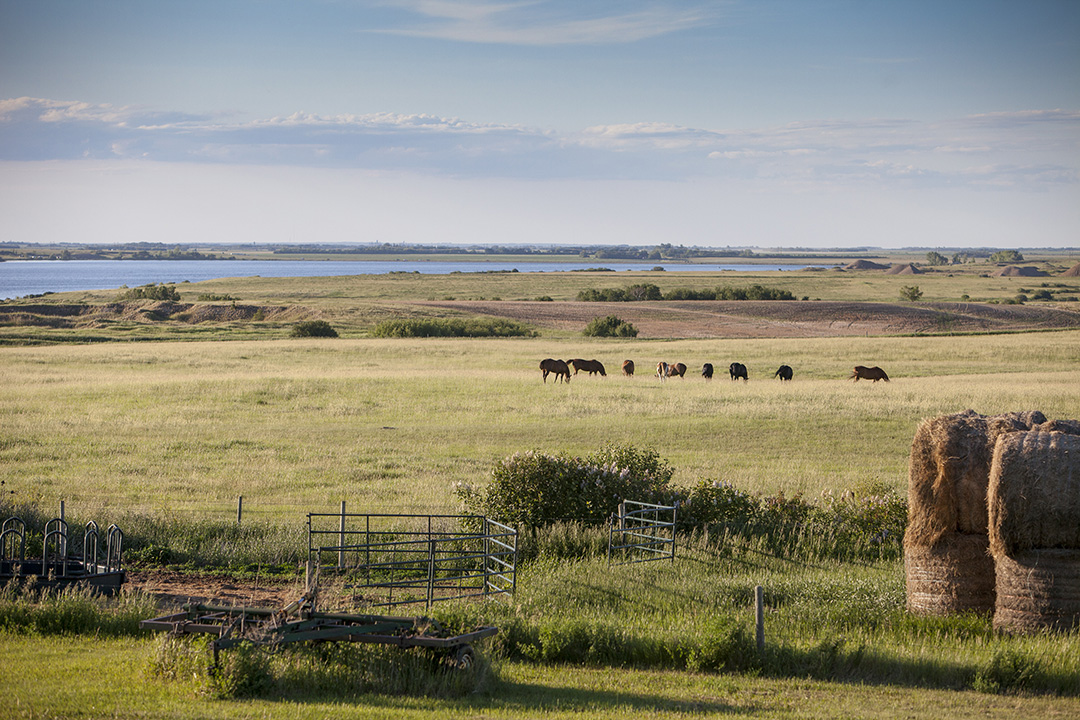
May 2022
West Nile virus (WNV) is a mosquito-borne virus that can cause inflammation or swelling of the brain and spinal cord in horses, birds and people.
West Nile virus: prevention is key
West Nile virus (WNV) is a mosquito-borne virus that can cause inflammation or swelling of the brain and spinal cord in horses, birds and people. In horses, the virus causes encephalomyelitis — an infection of the brain and spinal cord. WNV is an immediately notifiable disease in Saskatchewan.
Most horses don’t develop clinical disease after being bitten by an infected mosquito, but over one third of animals showing clinical disease may die or must be humanely euthanized. Clinical signs include listlessness, weakness of limbs, inability to swallow or stand, loss of co-ordination, fever and death.
Protect your horses by vaccinating against WNV each year. Control mosquito populations around your barn with insect repellents and by removing stagnant water (breeding ground for mosquitoes). Fly sheets and fly masks can also help to provide an effective barrier against biting insects.
Click here for more information from the American Association of Equine Practitioners (AAEP).

